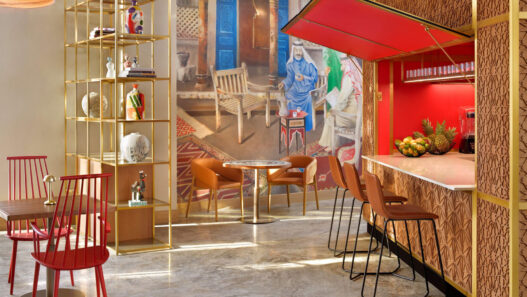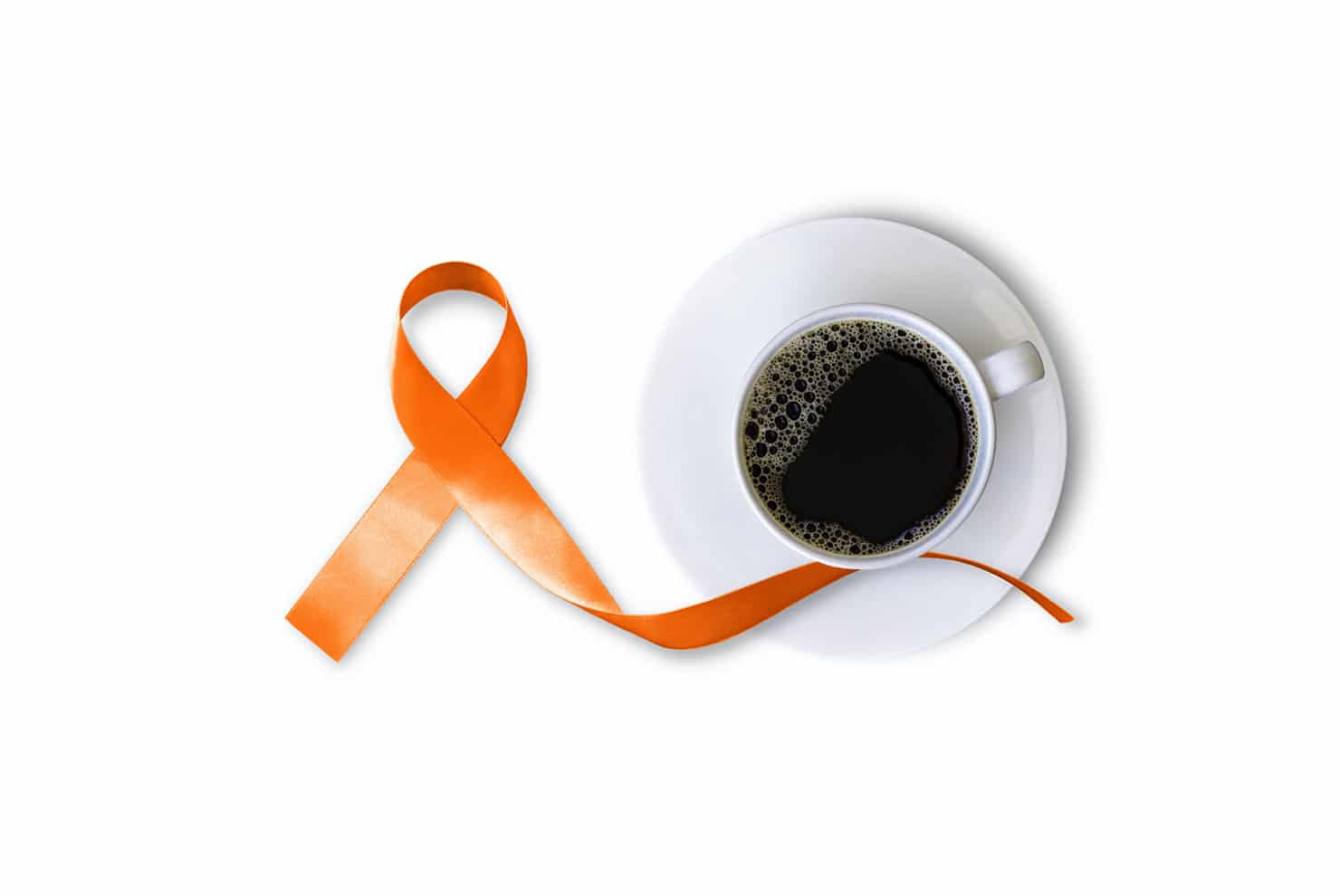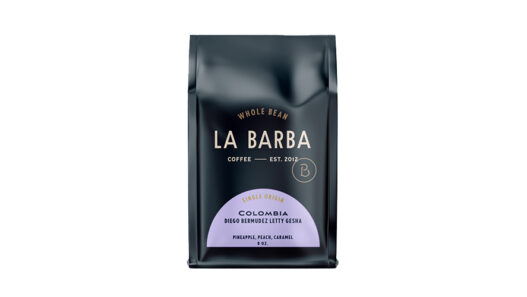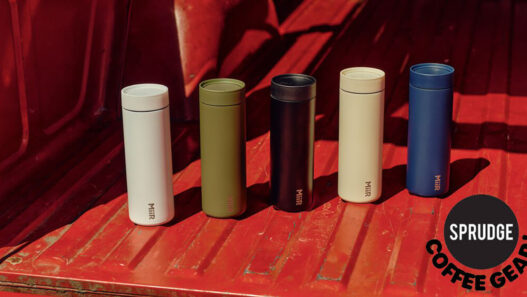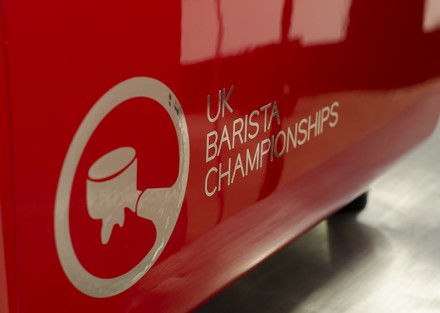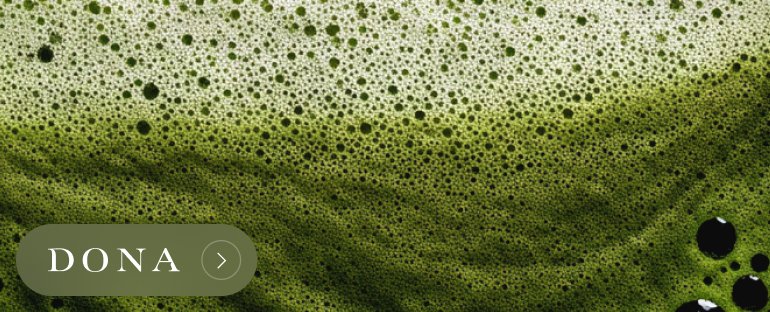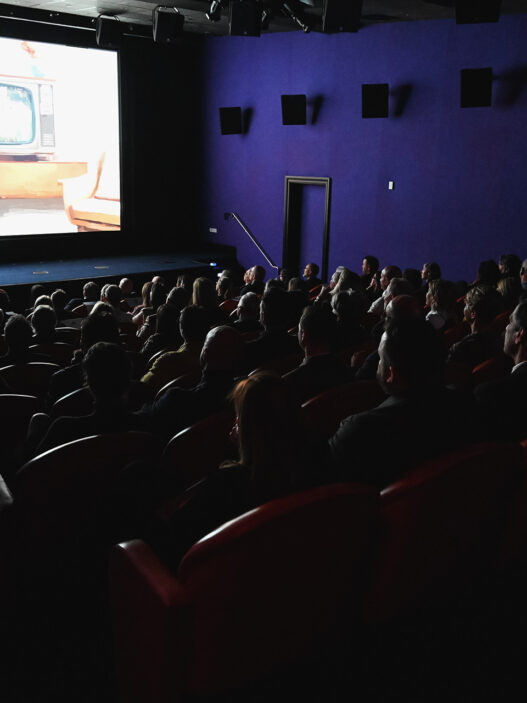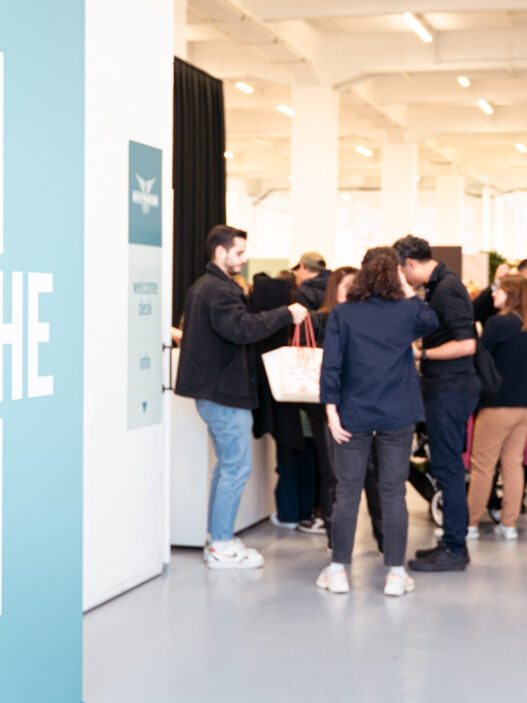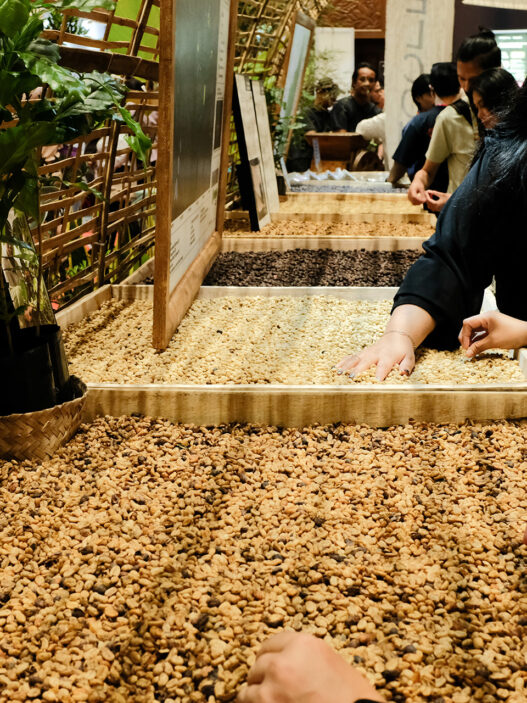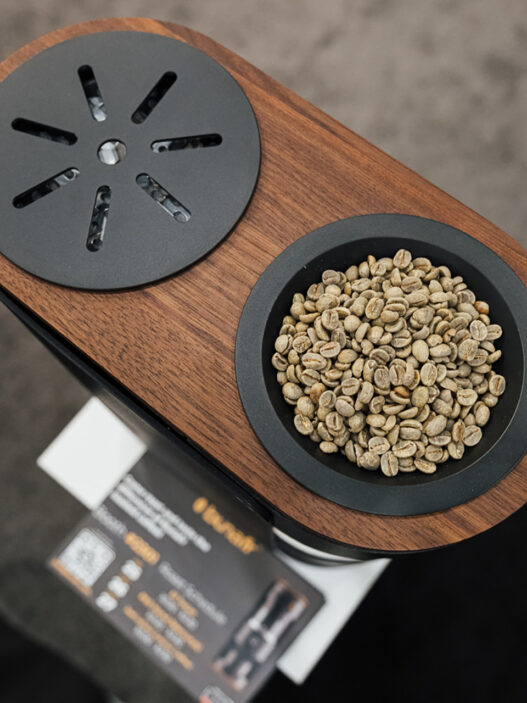With just one more regional competition left before the finals in Seattle, the American coffee competition season is really heating up. Over here in the United Kingdom, things are just about to “hot up” themselves with the opening of competition season in Birmingham, February 9th-12th—and if you’re a fan of barista competitions, this season is a great time to start following the UKBC. The new Specialty Coffee Association of Europe UK has rolled out a new consolidated competition structure, and they’re calling the resulting mega-competition a “superheat.” Sounds exciting? It is. The United Kingdom’s barista competition culture is globally competitive, having produced two past world champions – James Hoffmann in 2007 and Gwilym Davies in 2009 – plus multiple WBC finals appearances, from the likes of past UK champs Maxwell Colonna-Dashwood and John Gordon.
But let’s back up and explain things a bit first. Here’s everything you need to know about this year’s United Kingdom Barista Championship, whether you’re following along from London or Louisiana.
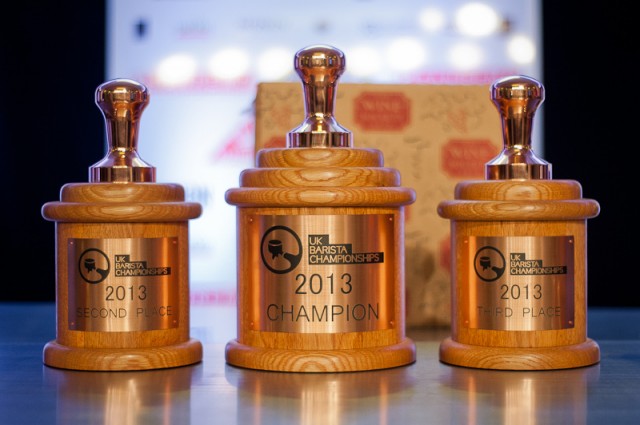
The format and rules of the UK heats are, essentially, the same as the American competitions: baristas have 15 minutes to give the judges a polished presentation, all the while making four espressos, four cappuccinos, and four signature drinks, with winners advancing to the national championships, the winner of which goes on to represent the UK at the World Barista Championships. Onstage, things have always been much the same–unfortunately, offstage has been a rather different picture.
The heat I visited in Bury St. Edmunds during last year’s season of regionals was at a beautiful, large venue called The Apex. It was the kind of place that could have been, and should have been, stuffed to the gills with spectators cheering the baristas on, sampling the free coffee courtesy of Union Hand-Roasted Coffee, and networking between the presentations—in other words, the kind of things that occur at American regionals or the London Coffee Festival finals. Instead, the sparse audience could have been condensed into the first two rows. Baristas presented to a nearly empty, cavernous auditorium; random people wandered in to check it out, but rarely stayed after a free cup of coffee.
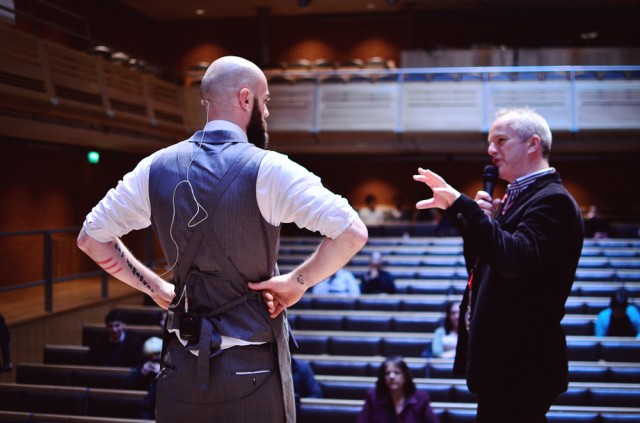
To put it in the words of Stephen Leighton, the new SCAE UK National Coordinator, “Anyone who has visited a regional heat of the [UK] competition will know that they are fairly depressing things.” Chloe Callow, the new SCAE UK Communications Coordinator, adds, “We want to make it more of an event this year. Regionals in previous years haven’t necessarily been well attended. We want spectators, an audience, and a vibe.”
The solution, which has caused its share of unhappy rumblings on social media, was this: instead of disparate regional heats to decide who would progress to the UKBC finals, there would be one “superheat”, held at Millennium Point event space in Birmingham. The new superheat format will stretch over four days, with baristas from all over the UK competing alongside each other in a random order. A live scoreboard will be updated each day as the points are tallied up; at the end of it all, the 20 baristas with the highest score, regardless of region, will be advancing to the finals at the London Coffee Festival on April 3rd-6th.
Though advancement to finals is not broken into regions, the top-scoring baristas from each respective region will be named the “Regional Champion” as a sort of bragging right.
With the consolidation of the heat, Mr. Leighton is hoping to bring a new side to the preliminary stages of the competition. For the first time, every single competitor’s presentation will be livestreamed—something that has previously only happened at the finals. The UK will also be having its very first installment of the Tamper Tantrum speaker/discussion series at the superheats, with such illustrious and verbose guests as Colin Harmon of 3FE Coffee, James Hoffmann of Square Mile Coffee Roasters, Rob Dunne and Victor Frankowski of DunneFrankowski, Peter Dore-Smith of Kaffeine, Cory Bush from Falcon Specialty Green Coffee Importers, and Maxwell Colonna-Dashwood of Colonna and Smalls.
There will also be a screening of the film “Barista or Bust” on the Millennium Point cinema screen. This documentary follows three-time UKBC Champion John Gordon’s trajectory through the 2010 UKBC and WBC competitions, and will be followed by a Q&A session with the filmmakers. Ms. Callow says that the SCAE UK wants there to be a greater focus on education this year as well, so there will be a variety of experts leading workshops on such topics as milk chemistry, water testing and filtration, roasting and blending, and brewing methods.
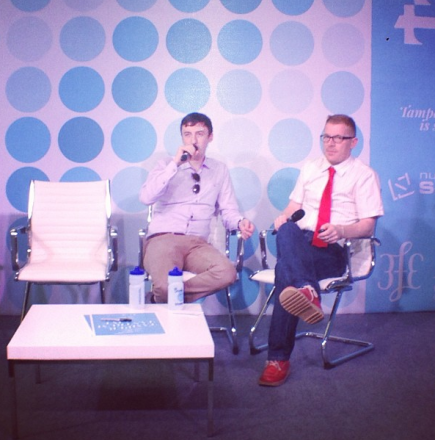
This year marks an exciting change of pace for the UK competitions, similar to the changes made to this year’s United States Barista Competition regional cycle. For now, Leighton says that the UK community seems to be “tolerating” the recent switch-up, and he continually reiterates that if people have something they want to change, they should get involved. “Anyone who approaches me saying, “I want a role“, I will find them a role. because there are 20 jobs I’m doing at the moment that I would love to give to someone else. So if you want to come help us, I’ll find you a job. You won’t have any pay and you won’t sleep at night and it’ll be great,” he laughs. It’s a sentiment to which all event organizers can relate.
To round off our interview, after detailing his big vision and plans for the upcoming years, Stephen smiles broadly and says, “I’ll just say to people: bear with me ’til April, judge me come October.”
Kate Beard (@SBinLondon) is a London-based photographer and writer. Her previous work on Sprudge includes photography for features on the La Marzocco and Mazzer factories, and our coverage of the 2013 Nordic Barista Cup.
Top photo courtesy of Percolator Corner.




